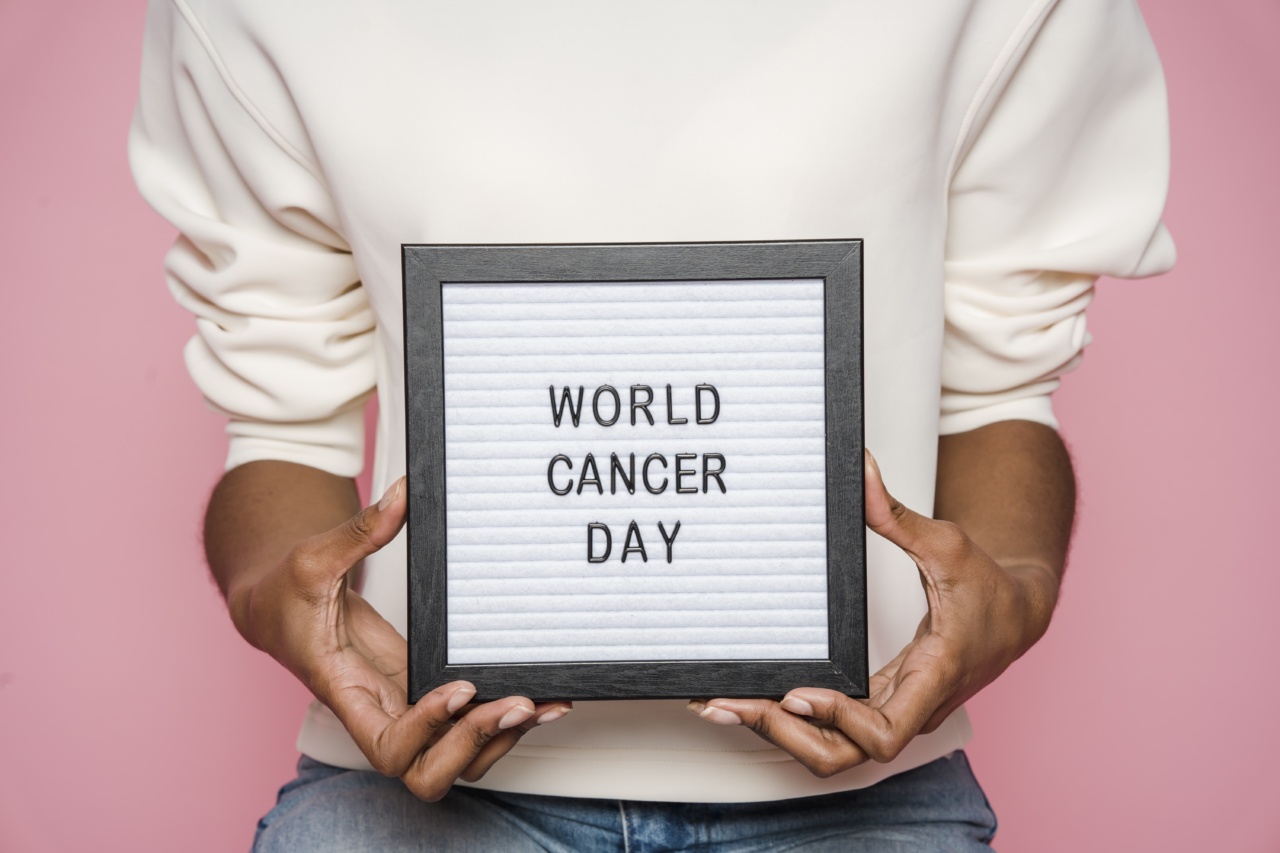As our lives become increasingly connected and technology-dependent, exposure to artificial light at night has become a common occurrence.
However, recent studies have shown that this exposure may have adverse effects on our health, including an increased risk of cancer. This has prompted a group of experts to issue recommendations on reducing nighttime light exposure as a preventive measure against cancer.
The Link Between Nighttime Light Exposure and Cancer
Several epidemiological studies have found a correlation between nighttime light exposure and the risk of developing certain types of cancer, such as breast and prostate cancer.
The main culprit behind this correlation is believed to be the disruption of our natural biological rhythms, primarily controlled by the hormone melatonin.
Melatonin is responsible for regulating our sleep-wake cycles and plays a crucial role in maintaining our overall health.
However, exposure to artificial light at night, especially blue light emitted by electronic devices and energy-efficient lighting, suppresses the production of melatonin, disrupting our circadian rhythm.
The Importance of Maintaining a Healthy Circadian Rhythm
Our circadian rhythm is a 24-hour internal clock that governs many of our bodily functions and processes. When our circadian rhythm is disrupted, it can lead to various health problems, including an increased risk of cancer.
Experts believe that the suppression of melatonin caused by nighttime light exposure may contribute to the development of cancer by disrupting crucial cellular processes, such as DNA repair, immune function, and cell growth regulation.
This disruption can lead to an accumulation of genetic mutations and an imbalance in cell growth, making the body more vulnerable to the development of cancerous cells.
Recommendations to Reduce Nighttime Light Exposure
Recognizing the potential risks associated with nighttime light exposure, experts have issued the following recommendations to help individuals reduce their exposure and lower their risk of cancer:.
1. Limit the Use of Electronic Devices Before Bed
Electronic devices such as smartphones, tablets, and computers emit blue light that can disrupt melatonin production and interfere with sleep quality.
To reduce nighttime light exposure, it is suggested to limit the use of these devices at least one to two hours before bedtime.
2. Use Warm Light in the Evening
Replace bright and cool-toned lighting in your home with warmer and dimmer alternatives in the evening. This includes using warmer light bulbs, lamps, and adjusting the brightness of electronic devices to promote better melatonin production.
3. Install Blackout Curtains or Blinds
Installing blackout curtains or blinds in your bedroom can help block out external sources of light, such as streetlights or car headlights, which may disrupt your sleep patterns. This can create a darker and more conducive sleeping environment.
4. Choose Low-Blue Light Bulbs for Nighttime Lighting
Opt for low-blue light bulbs for your bedroom and other areas where you spend time in the evening. These bulbs emit less blue light, minimizing the disruption to your circadian rhythm.
5. Keep Your Bedroom Dark and Noise-Free
Ensure that your bedroom is as dark and quiet as possible while you sleep. Use eye masks or earplugs if necessary to eliminate any potential sources of disturbance that could disrupt your sleep quality.
6. Limit Exposure to Bright Outdoor Lights
Avoid exposure to bright outdoor lights, especially during the evening and night hours. This can be achieved by avoiding well-lit areas and using shielded outdoor lighting fixtures that direct light downward and minimize light pollution.
7. Encourage Outdoor Exposure During the Day
Expose yourself to natural daylight as much as possible during the day, as this helps regulate your circadian rhythm. Spend time outdoors and open curtains or blinds to allow natural light into your living spaces.
8. Consider Using Blue Light Filters
For individuals who have no choice but to use electronic devices before bed, consider installing blue light filters or using applications that reduce the amount of blue light emitted by the screen.
These filters can help minimize the negative effects on melatonin production.
9. Establish Regular Sleep Patterns
Establishing regular sleep patterns and sticking to a consistent sleep schedule can help optimize your circadian rhythm. Try to go to bed and wake up at the same time every day, even on weekends.
10. Seek Professional Help if Necessary
If you are experiencing persistent sleep disturbances or believe your nighttime light exposure is excessive, consider consulting a healthcare professional or sleep specialist.
They can provide personalized recommendations and strategies to help improve your sleep quality and reduce your cancer risk.
Conclusion
The growing body of evidence linking nighttime light exposure to an increased risk of cancer highlights the importance of reducing our exposure to artificial light, particularly before bedtime.
By implementing the recommendations issued by experts, individuals can take proactive steps in safeguarding their health and reducing their risk of developing cancer.






























